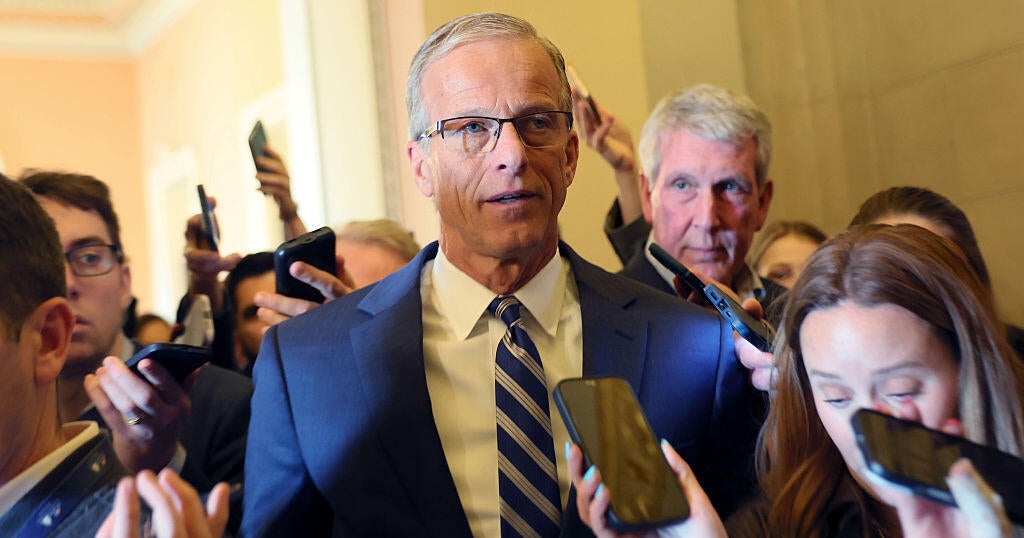Pelosi triggers rule allowing remote voting in the House for 45 days
Washington — House Speaker Nancy Pelosi sent a letter to colleagues Wednesday morning announcing the start of a 45-day period in which members can vote by proxy to limit the spread of the coronavirus.
Pelosi said the House sergeant-at-arms has declared a public health emergency in consultation with the Capitol Office of the Attending Physician, triggering a rule approved by the House last week to allow absent members to instruct colleagues at the Capitol to vote on their behalf. According to the resolution, the speaker may designate a 45-day "covered period" after the sergeant-at-arms notifies her of a public health emergency.
Under the resolution, absent members must send a letter to the House clerk designating another member to vote for them, which can be revoked at any time. Members can act as proxies for up to 10 absent colleagues. Before a vote, the absent member has to provide exact instructions about how the proxy should vote, and the proxy is required to announce their intentions on the House floor before voting.
"Members are further advised that this new proxy voting system has been developed to afford Members greater flexibility to safely record their votes during this national pandemic. To ensure the integrity of this new process, we ask that Members familiarize themselves with the requirements for proxy voting and strictly adhere to these requirements," House Majority Leader Steny Hoyer said in a letter to colleagues.
House Republicans believe that members should return to Washington, arguing that members of Congress should be considered essential workers. The Senate returned to the Capitol earlier this month.
Pelosi decided not to reconvene the House at the beginning of May upon the recommendation of the Capitol Attending Physician, who warned of the potential for the virus to spread. Many members of Congress are over 65 or have preexisting health conditions, meaning that they are in demographics particularly vulnerable to the virus.
The "covered period" also allows committees to conduct proceedings remotely. Committees have held multiple hearings by video conference during the past month. In a virtual hearing by the House Select Committee on the Coronavirus last week, all Republican members of the committee gathered in one room in an attempt to prove that social distancing could be maintained if the House returned to Washington.



